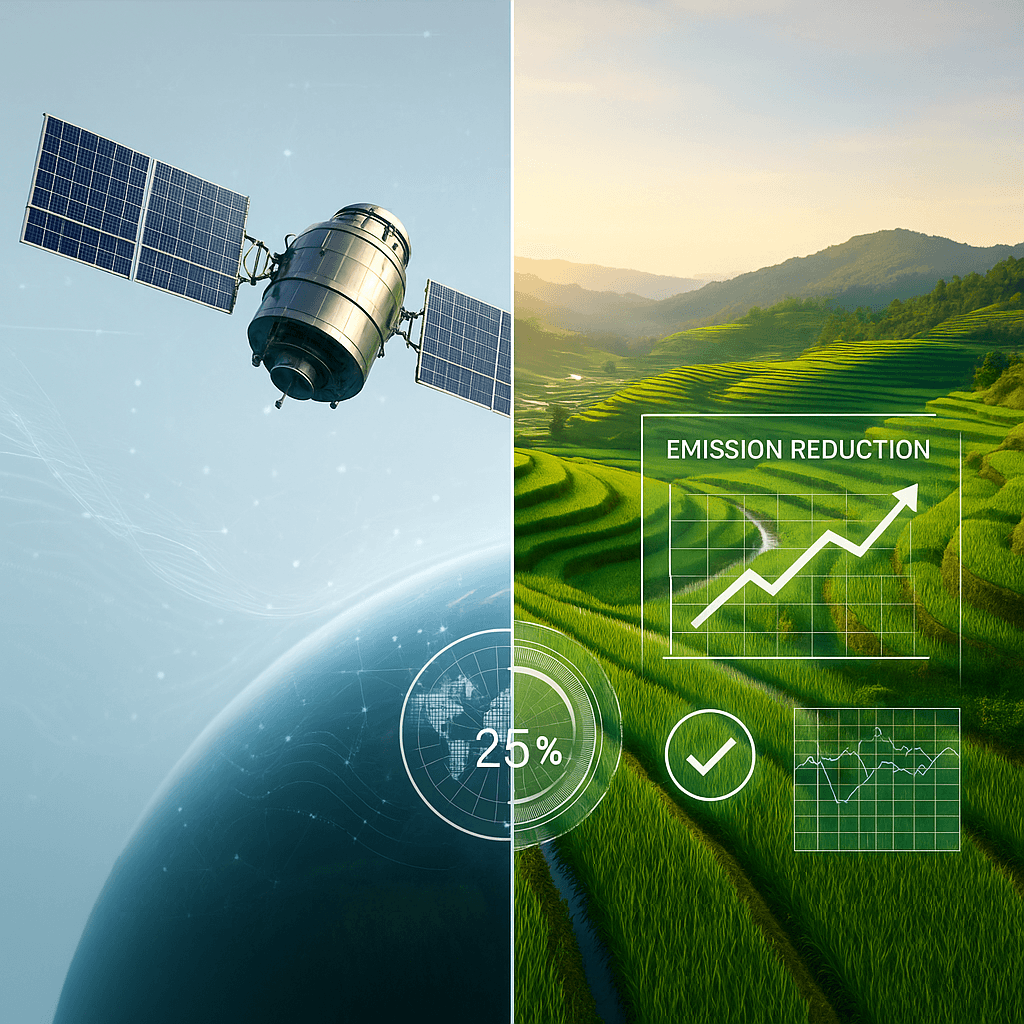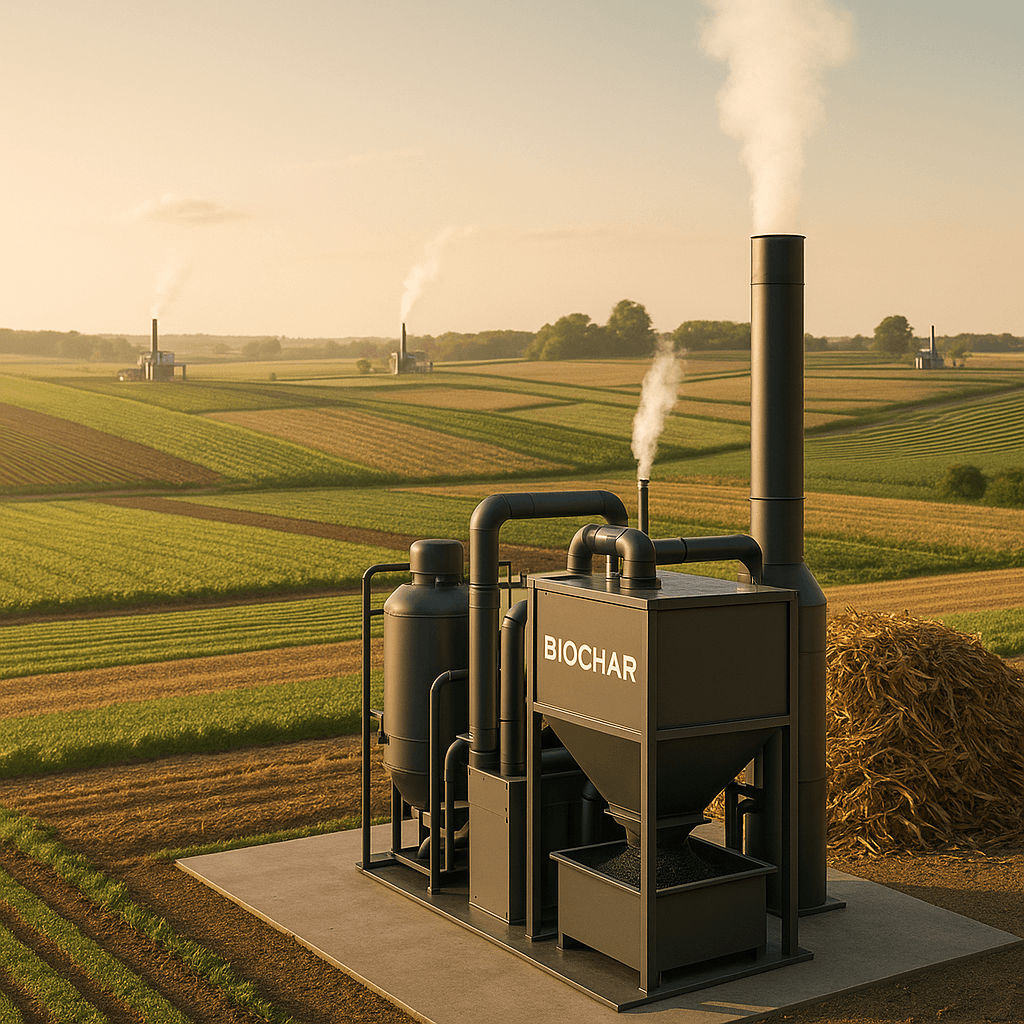Mitti Labs just locked down a game-changing partnership with The Nature Conservancy that could transform how millions of smallholder farmers in India battle climate change. The New York-based startup exclusively revealed to TechCrunch it's deploying AI-powered satellite monitoring to verify methane emission reductions across rice paddies, promising farmers a 15% income boost while tackling agriculture's massive climate footprint.
Mitti Labs is rewriting the playbook on climate agriculture partnerships. The startup just inked an exclusive deal with The Nature Conservancy that positions AI-powered satellite monitoring as the backbone of massive methane reduction efforts across India's rice belt. The partnership represents a strategic pivot for the New York-based company as it transforms from project developer to software-as-a-service provider in the booming climate tech space.
The timing couldn't be more critical. Rice farming accounts for a staggering 10% to 12% of all human-caused methane emissions globally, with the greenhouse gas warming the planet 82 times more potently than carbon dioxide over a 20-year period. "Most of the project operations on the ground are from locals from the villages where these projects are being implemented," co-founder Xavier Laguarta told TechCrunch. This grassroots approach scales through technology rather than traditional venture capital-backed expansion.
Mitti Labs has cracked a fundamental challenge in agricultural climate monitoring: cost-effective verification at scale. Indian smallholder farms average just one hectare—about 2.5 acres—making physical equipment deployment financially impossible. The startup's proprietary system combines satellite imagery and radar data that penetrates through clouds, plants, water, and soil to monitor underground microbial activity where methane production occurs.
The flooded conditions in rice paddies create perfect anaerobic environments for methane-producing microbes. Mitti's AI models, trained on extensive field studies and satellite data, can remotely quantify these emissions throughout growing seasons. This breakthrough enables the company to offer measurement, reporting, and verification services to third-party organizations already operating agricultural projects.
"We can measure Scope 3 emissions from other project developers or corporations that are working with rice farmers," Laguarta explained to . "Anyone who's already running projects on the ground, that's sort of like a SaaS solution that we can offer them." The company isn't alone in this pivot—, recent winner of the Xprize Carbon grand prize, similarly develops verification software for enhanced rock weathering projects.

